“Before menopause, women have a lower risk of heart
disease than men. But, as women age and their oestrogen
levels fall, their risk of heart disease increases…”.1
Umbrella
What may the Menopause and Cardiovascular Disease Umbrella include?
Depending on the Source (DotS) this Umbrella may include:
- Cardiovascular Conditions
- Cardiovascular Disease/s (CVD/CVDs)
- Cardiovascular Disorders
- Diseases/Disorders of the Heart and Blood Vessels
- Diseases/Disorders of the Heart and Circulatory System
- Heart Disease/s
- Heart and Circulatory Disease
- Stroke
Cardiovascular Disease
What is cardiovascular disease (CVD)?
DotS the definition of CVD may vary. In Cardiovascular Disease the British Heart Foundation’s (BHF) definition is:

 After Menopause
After Menopause
After menopause can women have an increased risk of CVD?
In Heart Health: Cardiovascular Disease the (United States) Menopause Society (formerly the North American Menopause Society) explain:
“The risk for CVD in women increases with age such as it does in men, but the increase starts a little later in women. Most CVD in women occurs during the years after menopause. Cholesterol levels have been found to increase in the early years after menopause. Of note, premature menopause is an established risk factor for CVD”.3
Menopause and Cardiovascular Risk Factors
What are menopause and CVD risk factors?
In Menopause and Cardiovascular Risk Factors: Does Menopause Increase A Woman’s Risk of Heart Disease and Stroke? the American Heart Association’s Go Red for Women elaborate on:
- Age at the time of menopause. Women who reach menopause before age 45 have a significantly higher risk of coronary heart disease…
- The cause and timing of menopause. Menopause caused by surgical removal of both ovaries at an early age can lead to a higher risk of cardiovascular disease…
- Estrogen. Levels of estrogen, which helps keep blood vessels relaxed and open, start to decline markedly as menopause approaches…
- Hot flashes and night sweats. Hot flashes and night sweats are the most common menopause-related symptoms and can last up to 10 years….
- Depression and sleep problems. In some studies, depression and sleep disturbances were linked to an increased risk of heart disease.
- Increased visceral fat. This type of fat, in the abdominal cavity near vital organs, is associated with a higher risk of cardiovascular disease and cancer.
- Cholesterol levels and metabolic syndrome risk. These cardiovascular risk factors appear to increase with menopause beyond the effects of normal aging…”.4
Prevention
How may CVD be prevented?
In Prevention: What Can You Do To Lower Your Risk of Cardiovascular Disease? the World Heart Federation explain and elaborate on:
- “Eat a healthy and balanced diet…
- Exercise regularly…
- Maintain a healthy body weight…
- Avoid tobacco use…
- Avoid alcohol…
- Know your numbers…
- Take your medication as prescribed…
- Know the warning signs…”.5
Know Your Numbers
What numbers do women (and men) need to know?
In Know Your Numbers It Could Just Save Your Life the (United States) Go Red for Women elaborate on:
 “It is vital for all women to understand their personal risk factors for cardiovascular disease. Knowing your risk starts with knowing four important health numbers — total cholesterol, blood pressure, blood sugar, and body mass index. Having these numbers in check and at healthy levels can reduce your risk for heart disease and stroke.
“It is vital for all women to understand their personal risk factors for cardiovascular disease. Knowing your risk starts with knowing four important health numbers — total cholesterol, blood pressure, blood sugar, and body mass index. Having these numbers in check and at healthy levels can reduce your risk for heart disease and stroke.
Talk to your health care provider today about your numbers, what they mean, and how you can manage them. Your heart and well-being depend on it”.6
WISEWOMAN Program
What is the (United States) WISEWOMAN program?
Your Country may have a program similar to the WISEWOMAN Program. In WISEWOMAN Frequently Asked Questions (FAQs): What Is the WISEWOMAN Program? the (United States) Centers for Disease Control and Prevention (CDC) elaborate on:
Health Care Provider
What if I think I have CVD or I have a family history of CVD?
If you think you have CVD or you have a family history of CVD, it may be in your best interest to choose to talk to your health care provider about this
In Menopause and Cardiovascular Disease Risk Go Red for Women note:
Health Topics A-Z
Where may I find Health Topics A-Z related to Menopause and Cardiovascular Disease?
In Health Topics A-Z you may find:
Links
Where may I find Links related to Menopause and Cardiovascular Disease?
Your Country may have Links similar to:
Links
This Links List to third party websites is neither comprehensive nor exhaustive. Inclusion on this Links List does not imply endorsement or recommendation. Non-inclusion on this Links List does not imply non-endorsement or non-recommendation. Third party websites are not under the control of Meno Martha International Menopause Directory. Third party websites may contain explicit medical images and/or sexual references. Please read Meno Martha International Menopause Directory’s Links Policy before proceeding to a Link. Please contact Webmaster if you experience a problem with a Link.New or Updated
- 4 Reasons To See a Cardiologist [15 January 2026]
- February Is American Heart Month

- Heart Health for Women [+ Videos] [29 January 2026]
- Online Events [International Menopause Society]: IMS Partnership Symposia Series – Evaluating High-Risk Patients In Menopause At Risk of Cardiovascular Disease (CVD) [26 November 2026]
- (Video) Heart Disease In Women: 4 Things A Mayo Clinic Cardiologist Wants You To Know [04 February 2026] [+ Video Courtesy: Mayo Clinic News Network]
- Why Heart Disease In Women Is Still Being Missed [23 February 2026]
- 4 Reasons To See a Cardiologist
- Askearlymenopause.org [Ask EM] [+ Video: What Is Early Menopause?]
- BMS TV: Coronary Heart Disease (CHD)
- Be A Force for Change. Know the Signs. Get Your Heart Checked. [Video]
- CVS Health Screenings [+ Video]
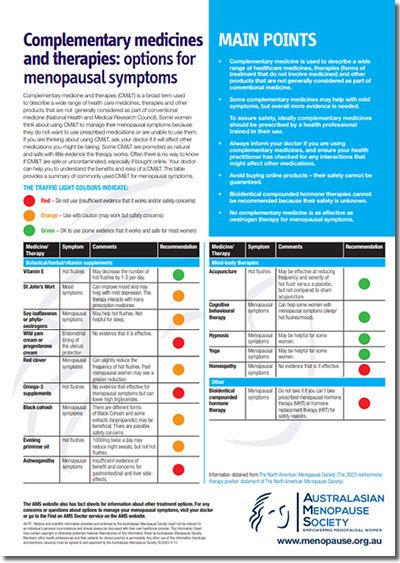 Cardiovascular Disease
Cardiovascular Disease- Cardiovascular Disease Prevention In Women: A Discussion With Erin Donnelly Michos, MD
- Cardiovascular Disease Risk Factors and Heart Attack Warning Signs In Women
- Cardiovascular Diseases (CVDs)
- Complementary & Alternative Therapies: Non-Hormonal Treatments for Menopause Symptoms
- Complementary Medicines and Therapies for Hot Flushes
- Complementary Medicines and Therapies: Options for Menopausal Symptoms
- Consumer Video and Podcast Series: 2023 Consumer Videos and Podcasts – Menopause and Heart Disease
- Diabetes
- Doing These 8 Things May Greatly Lower Risk for Heart Disease and Stroke
- February Is American Heart Month

- Find A Menopause Practitioner [United States and Other]
- Find A Practitioner [Australasian Menopause Society i.e. Australia and New Zealand]
- Find Your Nearest BMS Menopause Specialist [British Menopause Society]
- Getting Serious About Heart Health: Risk Factors for Cholesterol
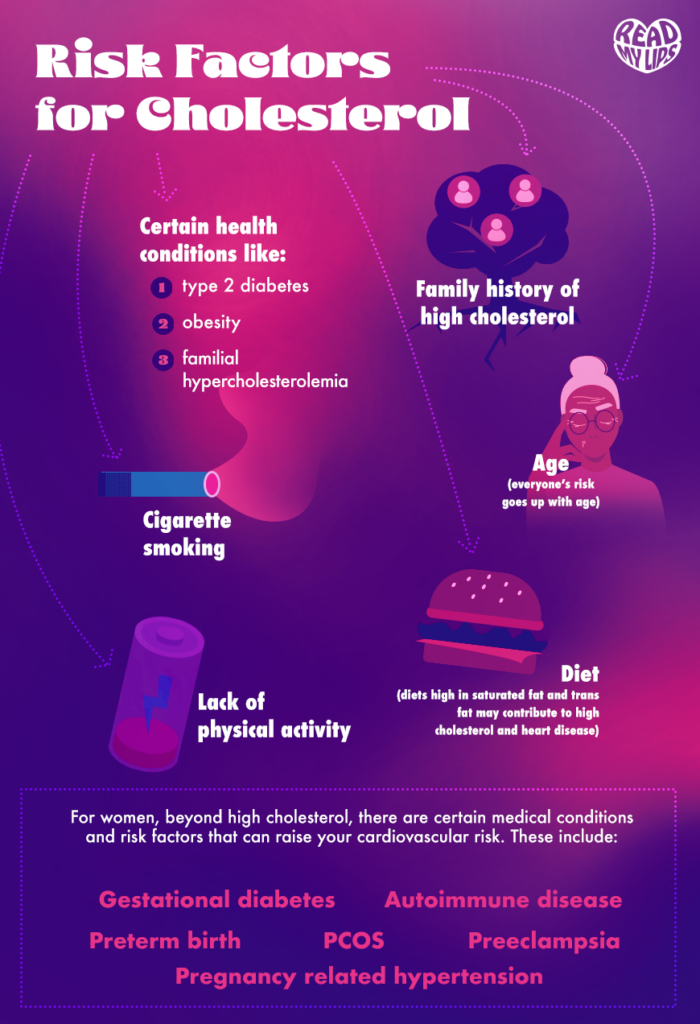
- Goredforwomen.org [Go Red for Women, American Heart Association United States]
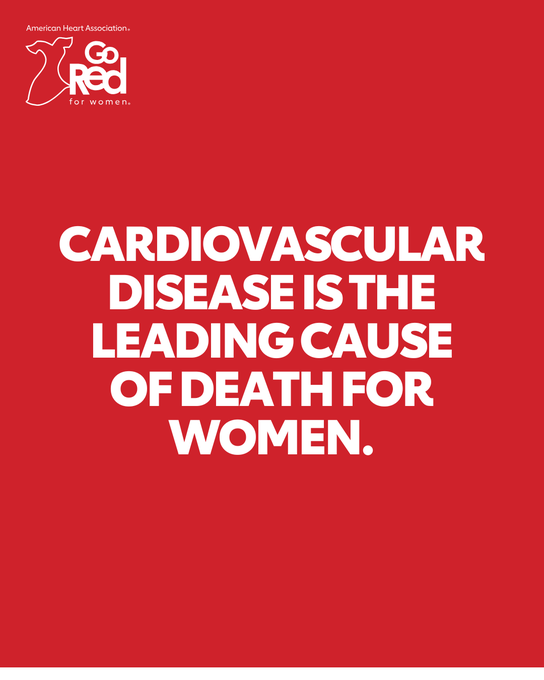
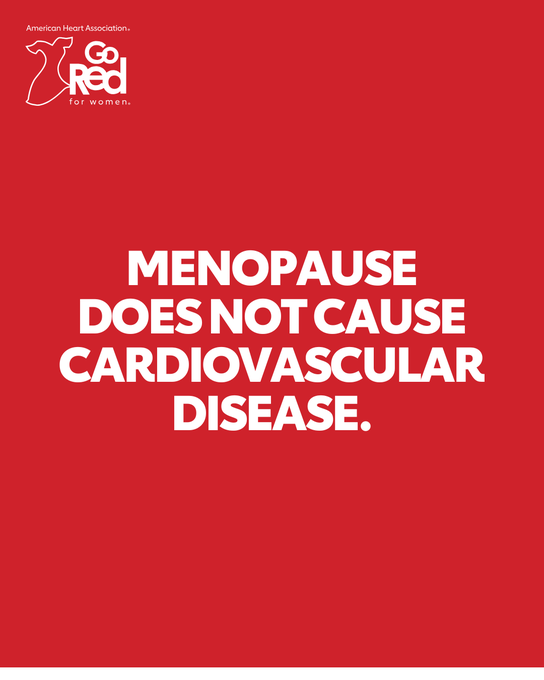
- HRT Questions Answered
- Heart Disease: Preventing Heart Disease
- Heart Disease: What Every Woman Needs To Know
- Heart Health
- Heart Health for Women [+ Videos]
- Heart Health for Women [+ Videos]: Download Heart Health for Women Fact Sheet In Other Languages
- Heart Palpitations
- Heart-Health and Cholesterol In Menopause
- Herheart.org
- How Can Early Menopause Affect My Health?
- How Healthy Is Your Heart? Take This Quiz To Find Out
- How To Talk To Your Doctor About Menopause
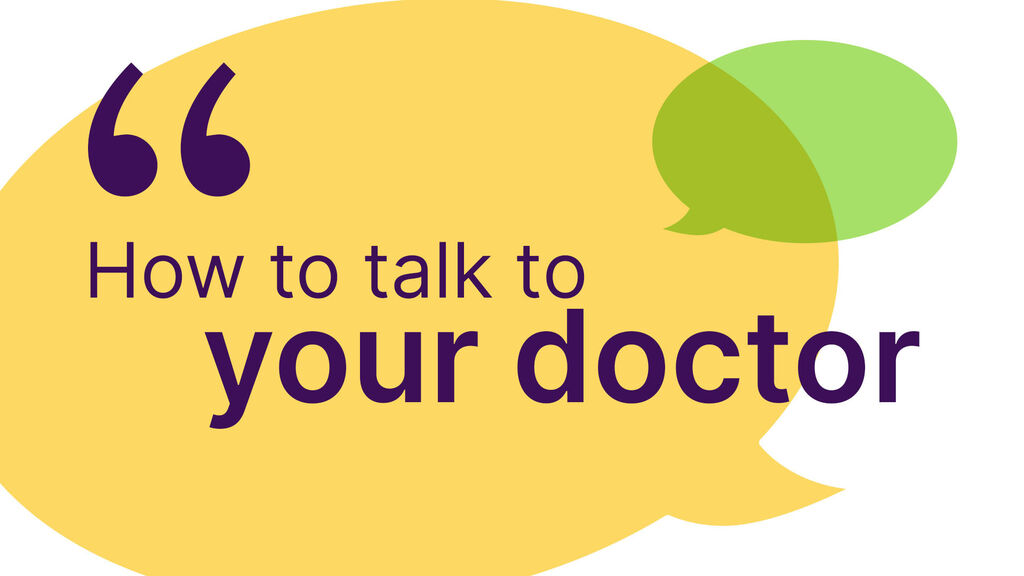
- Improving Heart Health At Midlife and Beyond Could Lower Future Risk of Stroke, Dementia
- Inflammation, Hormones and the Hidden Cause of Chronic Disease
- Joint Position Statement By the British Menopause Society, Royal College of Obstetricians and Gynaecologists and Society for Endocrinology on Best Practice Recommendations for the Care of Women Experiencing the Menopause
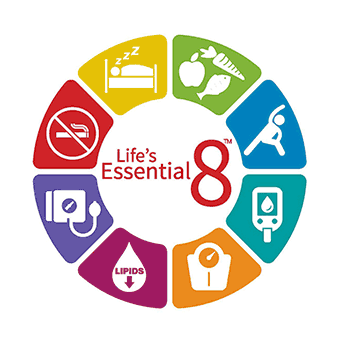 Know Your Numbers
Know Your Numbers- Later Years (Around 50 Years and Over): Menopause and Post Menopause Health – After the Menopause [Other Languages and Formats]
- Later Years (Around 50 Years and Over): Menopause and Post Menopause Health – Early and Premature Menopause [Other Languages and Formats]
- Life’s Essential 8
- Looking After Yourself Around the Time of Menopause
- Mayo Clinic Minute: Are You Getting Enough Sleep for Your Best Heart Health? [+ Video Courtesy: Mayo Clinic News Network]
- Mayo Clinic Minute: Menopause and the Heart Connection [+ Video Courtesy: Mayo Clinic News Network]
- Mayo Clinic Minute: Signs of Coronary Artery Disease, How To Reduce Your Risk [+ Video]
- Mayo Clinic Minute: The Link Between Heart Disease and Stroke [+ Video Courtesy: Mayo Clinic News Network]
- Menopause
- Menopause
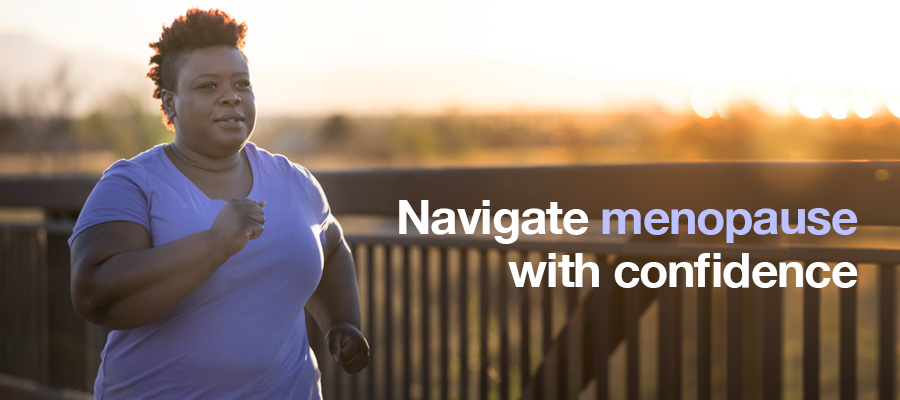
- Menopause Can Bring Increased Cholesterol Levels and Other Heart Risks. Here’s Why and What To Do About It
- Menopause Map: Downloadable Resources – My Personal Path Print Tools: Questions for Your Health Care Provider

- Menopause and Cardiovascular Disease and Using HRT To Treat Menopause Symptoms
- Menopause and Cardiovascular Risk
- Menopause and Women’s Health
- Menopause and Your Heart
- Menopause and Your Heart
- Menopause: Identification and Management [NICE Guideline]
- Menopause: Identification and Management [NICE Guideline]

- Million Hearts
- Mymenoplan.org [My Menoplan, United States]
- National Center for Complementary and Integrative Health: Cardiovascular Disease
- Navigating Menopause: Honest Answers To All Your Questions [+ Video: What To Expect in Menopause]
- Navigating Menopause Care Resource Guide
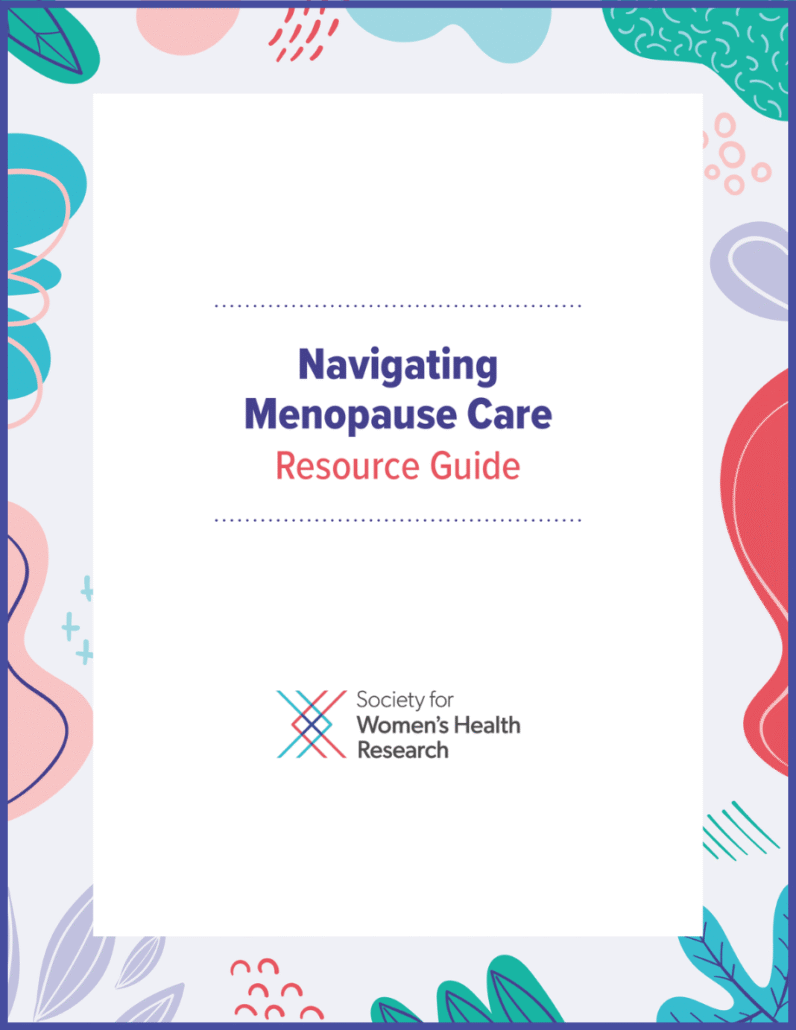
- Online Events [International Menopause Society]: CAMS Menopause Hour Webinars – The Menopause Journey: Navigating Cardiometabolic Risk In Women
- Online Events International Menopause Society]: IMS Partnership Symposia Series – Evaluating High-Risk Patients In Menopause At Risk of Cardiovascular Disease (CVD)
- Online Events [International Menopause Society]: Past Webinars – 2024: Recommendations on Cardiovascular Risk Assessment
- Online Events [International Menopause Society]: Past Webinars – 2025: Lifestyle Medicine
- People Who Follow These 8 Heart Health Metrics May Live Years Longer
- Perimenopause
- Perimenopause and Menopause Checklist: Translated Checklists
- Perimenopause and Menopause Symptom Checklist

- Q&A: Health Changes During Menopause Associated With Increased Cardiovascular Risk
- Resources: Fact Sheets [Multiply Languages]

- Risk Factors
- Staying Healthy During and After Menopause
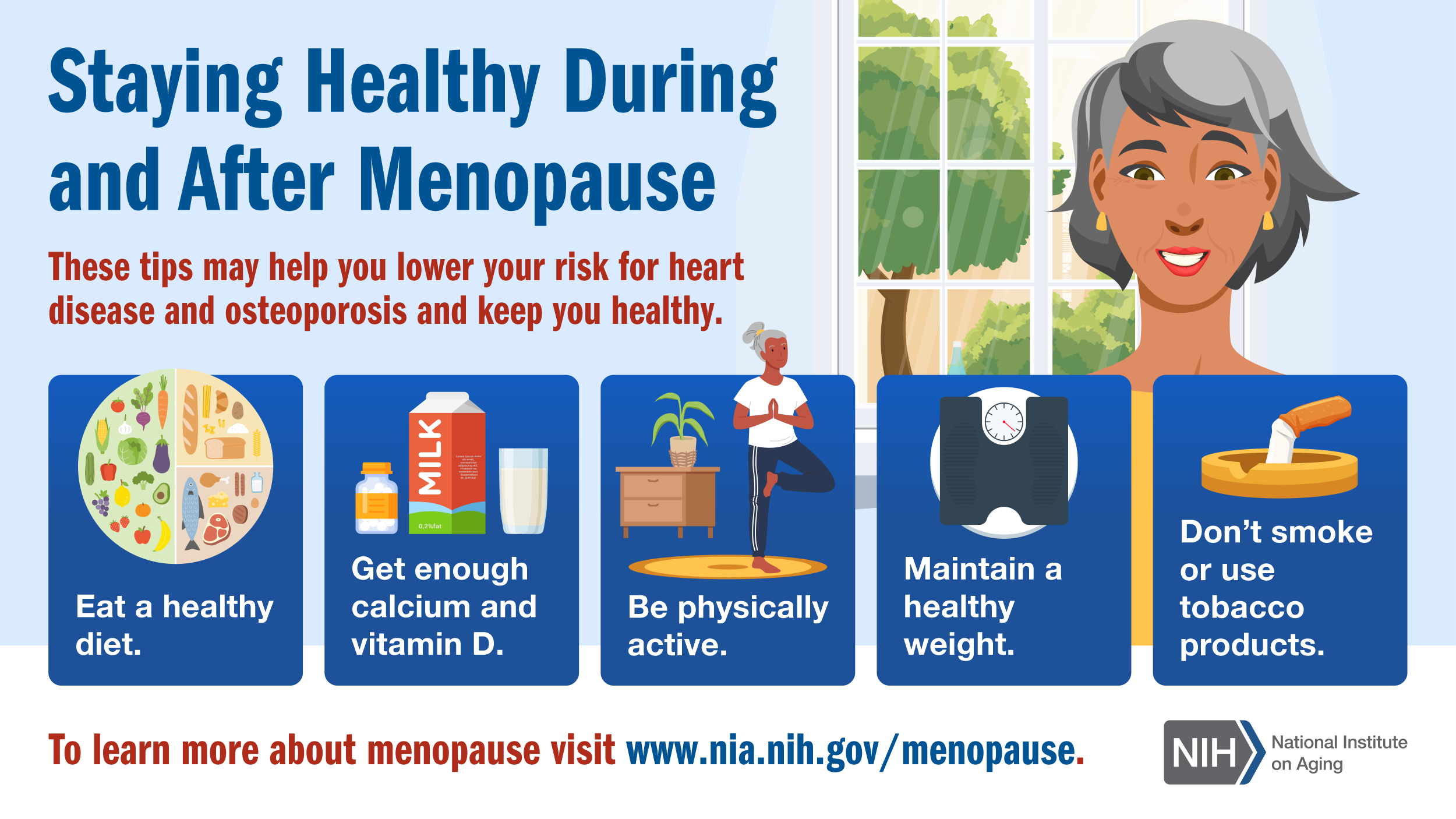
- Societal Influences’ Impact on Cardiovascular Disease In Women
- Stroke
- Supplements: What Works, What Doesn’t and the Truth About Menowashing
- Taking It To Heart: Addressing Cardiovascular Disease In Women [Video]
- The Connection Between Menopause and Cardiovascular Disease Risks
- The Heart Truth [National Heart, Lung, and Blood Institute, United States]
- The Menopausal Transition Period and Cardiovascular Risk
- Tips To Help Manage Menopause Symptoms
- (Video) Heart Disease In Women: 4 Things A Mayo Clinic Cardiologist Wants You To Know [+ Video Courtesy: Mayo Clinic News Network]
- Videos & Podcasts: Videos – Cardiovascular Disease In Women
- Videos & Podcasts: Videos – Menopause and Hormone Therapy: Current Perspectives and Controversies
- Videos and Podcasts: Videos – Heart Disease, Risk Factors of Developing Heart Disease, and Can I Take Hormones?
- WISEWOMAN Frequently Asked Questions (FAQs)
- Webinar: Early Menopause
- What Is Cardiovascular Disease?
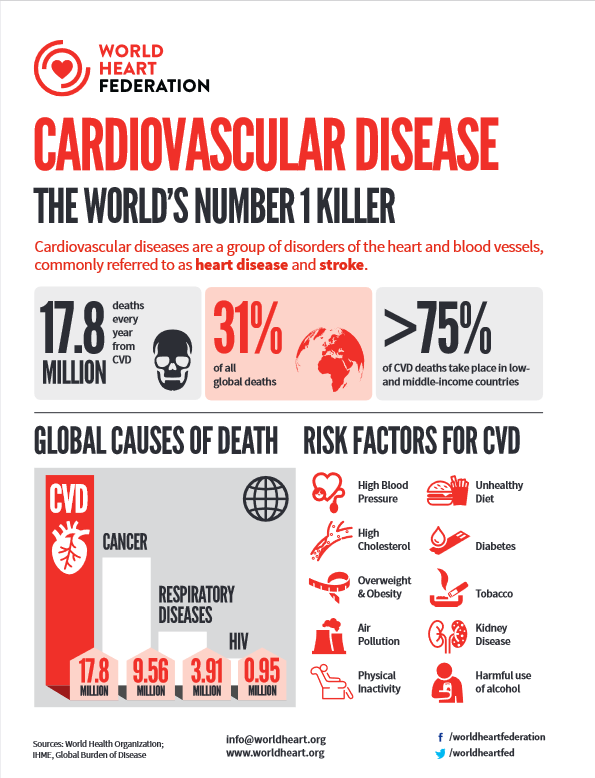
- What Is Perimenopause and Menopause?
- What Is the Difference Between Perimenopause, Menopause and Postmenopause?
- Why Heart Disease In Women Is Still Being Missed
- Women & CVD
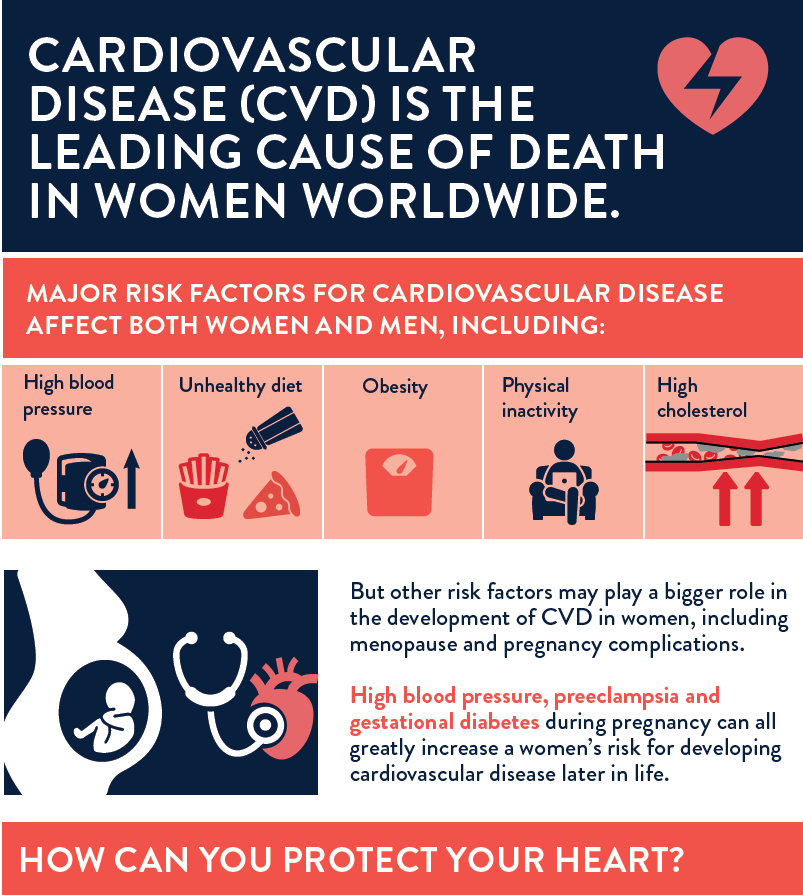
- Women and Heart Health Fact Sheet
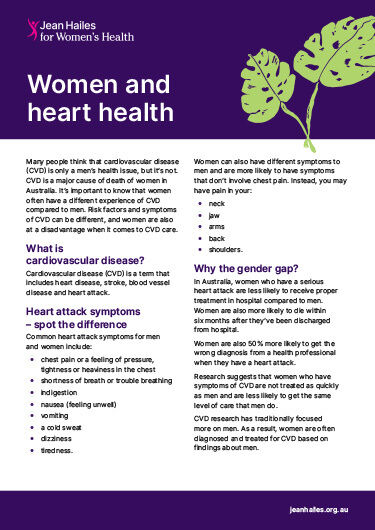
- Womenheart.org [WomenHeart, United States]
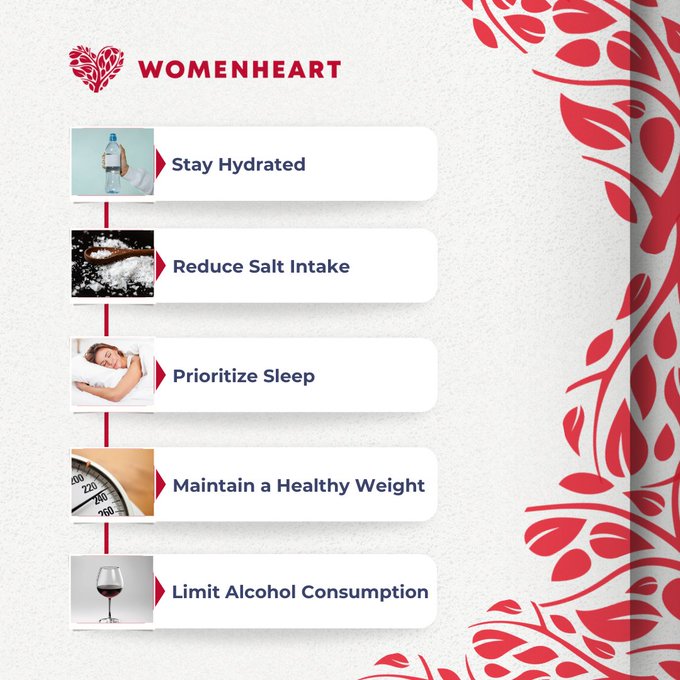
- Women’s Health Disparities: Cardiovascular Disease
- World Heart Day [29 September]
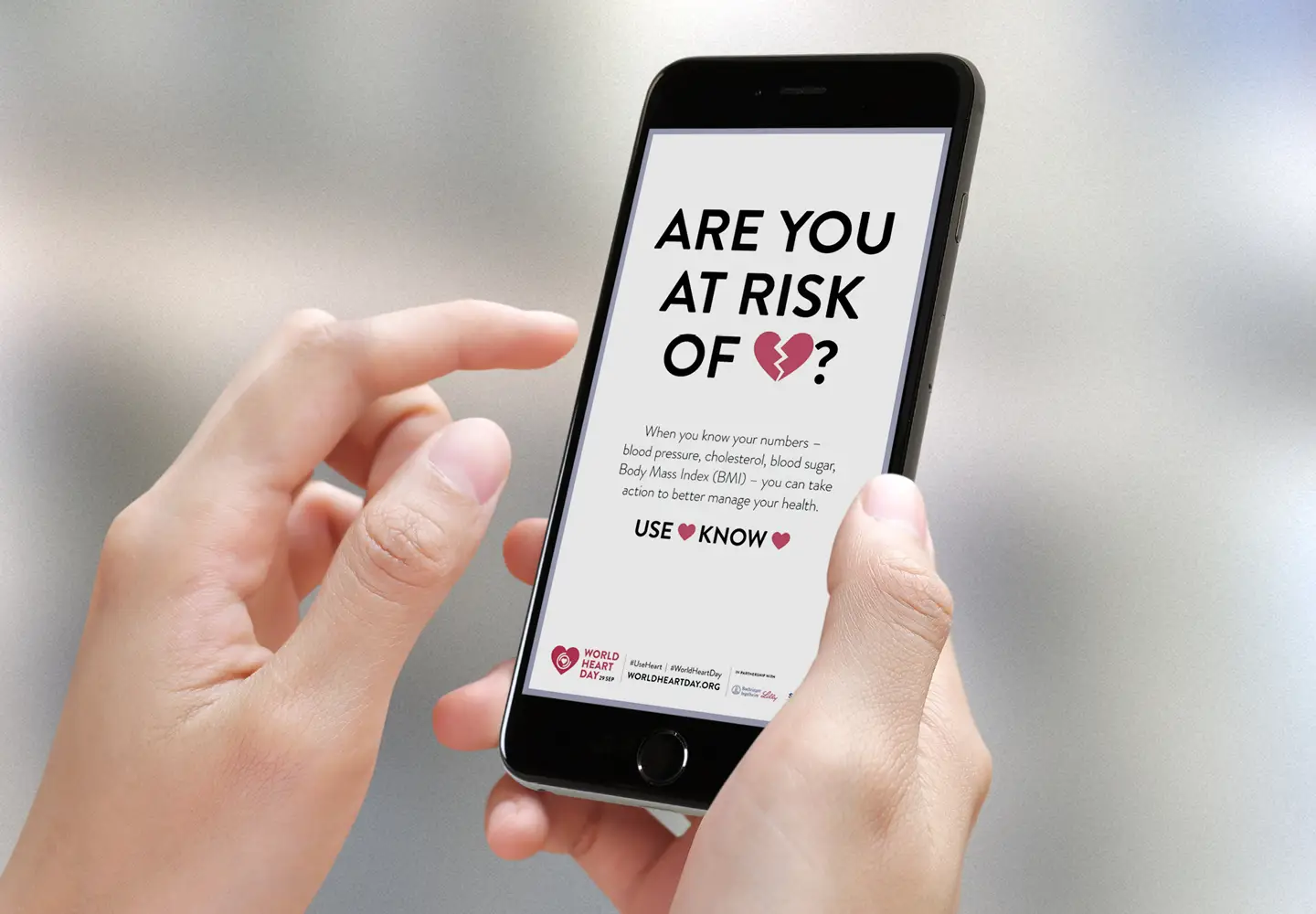

- World Menopause Day 2023

- World Menopause Day 2023: Patient Information Leaflet – Cardiovascular Disease: What Women Need To Know [Multiply Languages]
- World Menopause Day 2025
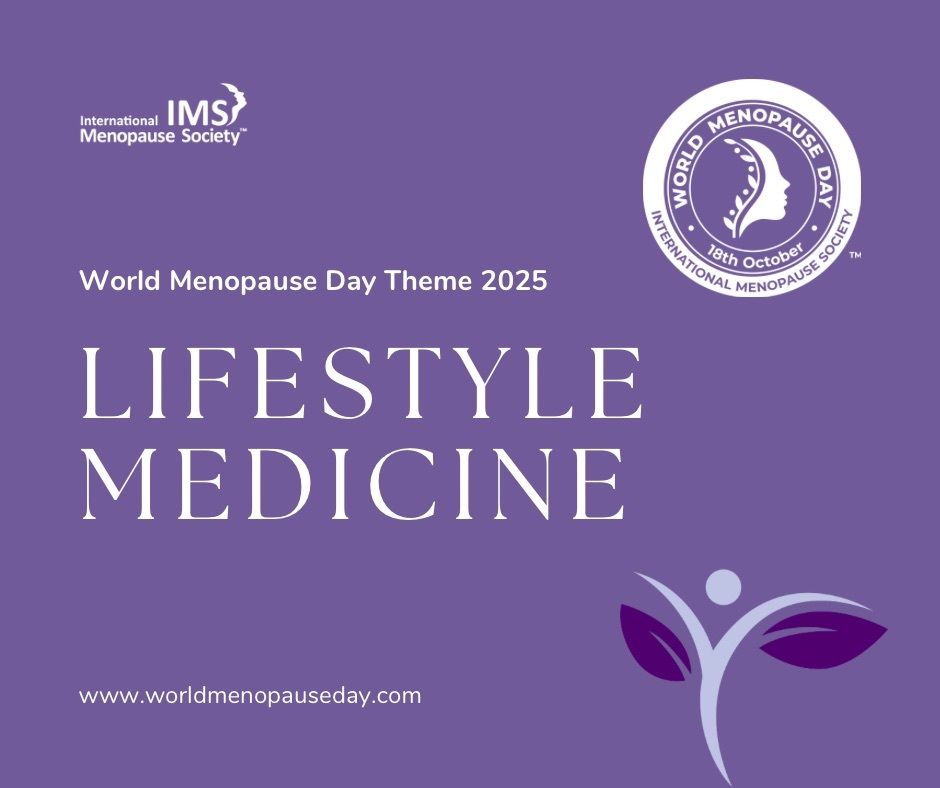
- World Stroke Day
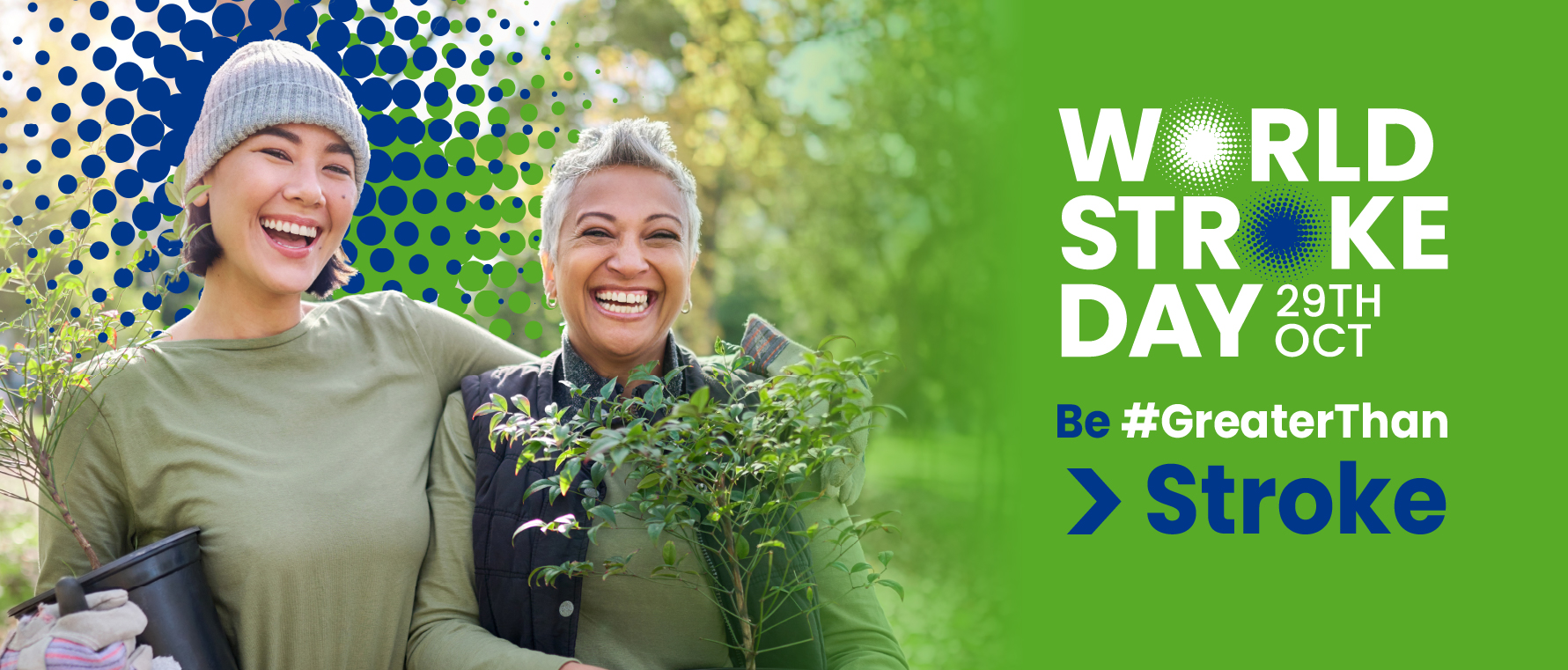
Sources
Where may I find the Sources quoted?
You may find the Sources quoted at:
Sources
- What Is Perimenopause and Menopause? Perimenopause, Menopause and Postmenopause: Staying Healthy After Menopause – Heart Health After Menopause. Last Updated: 28 August 2025 | Last Reviewed: 22 April 2025. Jean Hailes for Women’s Health https://www.jeanhailes.org.au/health-a-z/menopause/about-menopause Accessed: 01 February 2026
- Cardiovascular Disease. Published: December 2024. British Heart Foundation https://www.bhf.org.uk/informationsupport/conditions/cardiovascular-heart-disease Accessed: 01 February 2026
- Heart Health: Cardiovascular Disease. Menopause Society https://menopause.org/patient-education/menopause-topics/heart-health Accessed: 01 February 2026
- Menopause and Cardiovascular Disease Risk: Does Menopause Increase A Woman’s Risk of Heart Disease and Stroke? Last Reviewed: 12 September 2024. Go Red for Women https://www.goredforwomen.org/en/know-your-risk/menopause/menopause-and-cardiovascular-risk Accessed: 01 February 2026
- Prevention: What Can You Do To Lower Your Risk of Cardiovascular Disease? World Heart Federation https://world-heart-federation.org/what-we-do/prevention/ Accessed: 01 February 2026
- Know Your Numbers It Could Just Save Your Life. Go Red for Women https://www.goredforwomen.org/en/know-your-risk/know-your-numbers Accessed: 01 February 2026
- WISEWOMAN Frequently Asked Questions (FAQs): What Is the WISEWOMAN Program? 15 May 2024. Centers for Disease Control and Prevention https://www.cdc.gov/wisewoman/php/faqs/?CDC_AAref_Val=https://www.cdc.gov/wisewoman/faqs.htm Accessed: 01 February 2026
- Menopause and Cardiovascular Disease Risk. Last Reviewed: 12 September 2024. Go Red for Women https://www.goredforwomen.org/en/know-your-risk/menopause/menopause-and-cardiovascular-risk Accessed: 01 February 2026







